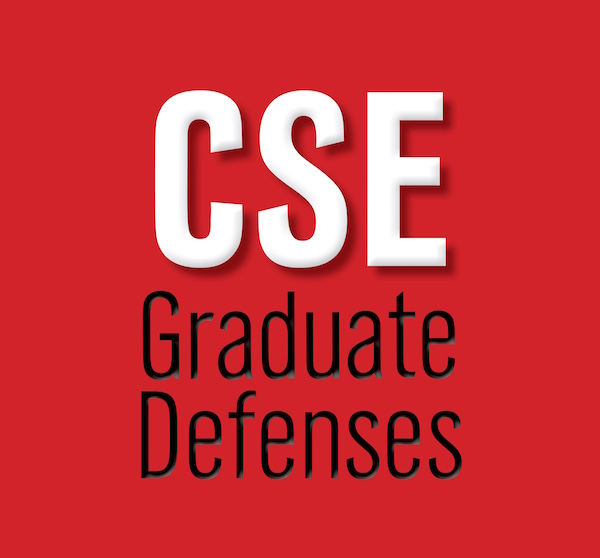
Graduate Defense: Suresh Thapa
October 23, 2020
11 a.m.
Zoom
“Virtual Soil Spectrum Analysis Laboratory”
Soil is indispensable for sustaining life systems on earth. Degradation of soil health adversely affects ecological balance and food security. Regular monitoring of the soil properties allows scientists to assess the soil health, and helps in preserving and managing soil. Traditional methods used for soil analysis cannot meet the scale, throughput and resolution of soil data needed for modern day applications like precision agriculture. Visible-Near Infrared Spectroscopy (VNIR) and Mid-Infrared Spectroscopy (MIR) have been established as a complementary technique to derive the soil properties rapidly from a single spectrum. In this work, a web-based application called Virtual Soil Spectrum Analysis Laboratory (VSSAL) was built that uses machine learning in the backend to predict the soil properties from the VNIR/MIR soil spectra provided by the user. VSSAL speeds up the modeling process by providing pre-trained models and providing an interface to easily sample, pre-process, and calibrate the custom models. A test was conducted using three VNIR and one MIR test datasets. The results obtained are encouraging and show the potential of spectroscopy in routine soil analysis.
Zoom URL: https://unl.zoom.us/j/91084473903
Committee Members:
Dr. Hongfeng Yu (Advisor)
Dr. Yufeng Ge
Dr. Mohammad Rashedul Hasan
Graduate Defense: Sarah Roscoe
October 27
1 p.m.
Zoom
“Formal Concept Analysis Applications in Genomics: A Survey”
Abstract: Genomics, the study of genes and their functions, can provide valuable analysis as to how genes interact with their environment. One such way to measure the interaction is through gene expression data, which determines whether (and how much) a certain gene activates in a situation. Analyzing this data can be critical for predicting diseases or other biological reactions. One method used for analysis is Formal Concept Analysis (FCA), a computing technique based in partial orders that allows the user to examine the structural properties of binary data based on which subsets of the data set depend on each other. This thesis surveys, in breadth and depth, the current literature related to the use of FCA for gene expression data. This includes descriptions of current data management techniques specific to FCA, such as lattice reduction, discretization, and variations of FCA to account for different data types. Advantages and shortcomings of using FCA for genomic investigations, as well as the feasibility of using FCA for this application are addressed. Finally, several areas for future doctoral research are proposed.
Committee Members:
Dr. Jitender Deogun (Advisor)
Dr. Juan Cui
Dr. LisongXu
Zoom: https://unl.zoom.us/j/96529943129?pwd=eVU2b3FoRTJGWkhKc1JZUjJuZ1o2Zz09